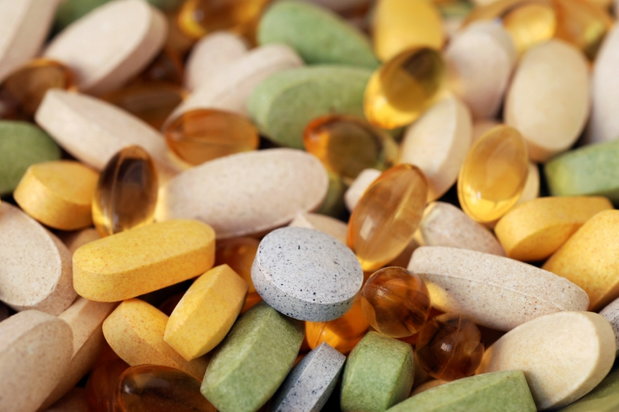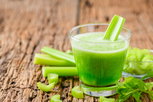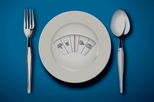People in early recovery from alcohol abuse often remark, “If this is what recovery is like, I’d rather go back to drinking.” It is no secret that recovery is tough on the body, and many alcohol abusers trying to get sober experience a long list of unpleasant symptoms. Most of these can be attributed to vitamin deficiencies—particularly, deficiencies in vitamins B and C. These symptoms include:
- lethargy
- skin irritation
- memory loss
- depression
Although these symptoms are most often experienced once an alcohol abuser begins recovery, they may have been occurring while the alcohol abuser was actively drinking—the drinking just masked the symptoms or made them easier to overlook.
Why Alcohol Abuse Causes Vitamin Deficiency
Alcohol abuse often replaces food with alcohol. In fact, it is estimated that an alcohol abuser typically gets 50 percent or more of total daily calories from alcohol. Any food calories are typically consumed in the form of junk foods. Unfortunately, the calories gained from alcohol and junk food are “empty calories.” That is, they are calories lacking nutrients and are of little value to the body.
Additionally, alcohol can block the body’s absorption of many of the nutrients from food. If the food is predominantly junk food, the combined effect is to leave the user malnourished.
Many holistic healers believe there is a link between sugar and alcoholism. That is, when alcohol is consumed there is an initial energy rush, followed by a severe drop in energy due to dropping sugar levels (blood glucose levels). This energy drop leads the alcohol abuser to drink too much caffeine and consume too much sugar (i.e. desserts, refined carbohydrates, and other junk foods) in an effort to boost energy—all contributing to vitamin, nutrient and energy depletion.
How Vitamins Can Help Recovery from Alcohol Abuse
Individuals who are in recovery from alcohol abuse can greatly benefit from a healthy diet coupled with a robust vitamin regimen. Replenishing vitamins and nutrients in a body depleted by alcoholism can help boost energy levels and diminish unpleasant withdrawal symptoms, helping greatly with the recovery process.
The Power of B Vitamins
The vitamin B complex in general, and particularly vitamins B1 (thiamin), B3 (niacin) and B5 (Pantothenic Acid), play a role in turning sugars into energy. Vitamin B1 can be found in pork, cereals, and nuts. Niacin, or vitamin B3, can also be found in pork, as well as in fortified cereals, salmon, and swordfish. Whole grains, milk, eggs, and liver are perhaps the best food sources for B5, or Pantothenic Acid.
Vitamins B6 and B12 play important roles in producing blood cells and supporting the health of the nervous system. B6 and B12 can be depleted by years of heavy drinking. Good sources for both of these vitamins are meat. Other good sources of vitamin B6 include bananas, avocados, and peanuts. Vitamin B12 is only found in animal byproducts, which includes dairy and eggs.
Mighty Vitamin C
Vitamin C helps to keep the skin healthy, and plays an equally important role in the health of bones, teeth and blood vessels. Deficiencies in vitamin C can cause symptoms that include irritability, weakness and muscle fatigue. The best source of vitamin C in the United States is orange juice from frozen concentrate (more of the vitamin is preserved when the oranges are frozen). Other sources of vitamin C include broccoli and cantaloupe.
The Road to Recovery
For the average person who is eating a well-balanced, healthy diet, supplements of vitamins B and C are often unnecessary. However, alcohol abusers will find that a holistic approach to recovery that integrates a nourishing diet and this type of vitamin supplementation helps them through the process. Concentrating on regaining good health can maximize the chances of success in recovery from addiction and set recovering alcoholics on the right path to a new life.
If you or someone you know is struggling with alcohol addiction, you can visit our directory of rehab centers or call 800-772-8219 to inquire about treatment options.








